Cases
Empowering Civil Society in Water Management
Summary
Water resource management is one of the greatest challenges on the 21st Century. The ENTIRE-project supports therefore the SMR-countries in the development of integrated water governance reforms under participation of all key stakeholders.
Situation
Project Background
“Water is the stuff for life”as a famous UN-definition suggests. It is the basic source. The Southern Mediterranean Region (SMR) is predicted to be the first in the world to run out of water. Inadequate water supplies due to climatic reasons result in increasing droughts; and inadequate infrastructure need to be tackled – and, thus a change is needed in management practices.
Stakeholders
The ENTIRE-project is funded by the European Union's Non-State Actors and Local Authorities-program for “Strengthening the Capacities of Non-State Actors Actions in partner countries”. The project stands for Empowering Regional Civil Society Networks to take an Active Role in Integrated Water Resource Management (IWRM) in the Southern Mediterranean Region. For the duration of two years it is set in the Southern Mediterranean Region performing in the following countries: Algeria, Egypt, Jordan, Lebanon, Morocco, Syria, Tunisia, West Bank and the Gaza Strip. Currently, this region is undergoing tremendous political change – the “Arab Spring”. Reforms are also undertaken in the water sector, which is a great chance for participation of stakeholders and Civil Society Organizations (CSOs) who are affected by water issues on their day-to-day basis but have so far limited influence. The ENTIRE-project seeks to enhance and empower the role of CSOs that should play a greater role in water conservation, which is a very important goal towards keeping water resources intact for future generations. The most important challenge here is to focus more on gender-balanced and poverty-oriented aspects by establishing involvement mechanisms of CSOs.
Approach
Phase 1: Exploring & Engaging
Water’s many different uses—for agriculture, industry, healthy ecosystems, for people and livelihoods—demands a cross-sector action. The involvement of many stakeholders, such as CSOs, the public and private sector require coordination and a continuous – preferably – institutionalized platform of communication. Bringing together actors with different backgrounds and various interests in a Stakeholder Dialogue requires communication and management skills. Capacity building and Stakeholder Dialogue are an important step towards supporting civil society to take an active role in water resource management. The Dialogic Change Model (DCM) allows for a result-oriented implementation in four phases. It is therefore a significant tool to achieve Integrated Water Resource Management (IWRM). In contrast to ordinary project planning, which relies on hard facts capacity building, the DCM emphasizes the soft skills factor. Motivating stakeholders and trust building among the relevant stakeholders from the different sectors are key. In order to be successful it has to be considered when designing a process. Preceding this project strong networks were built between CLI, GWP and ACWUA for the German Arab Water Sector Network (PPP) lead to further work with these partners. An Initial container with the managing directors and the project managers of the main organizations was built in the planning phase of the project. As a first step the partners identified the objectives and defined the needs to draft a structure for the project. In a second step the core group consisting of at least one representative from each partner organisation jointly discussed activities, resources, challenges etc. An important achievement was the contracting phase with the European Union which was realized in a period of half a year in 2013.
Phase 2: Building and Formalizing
The project managers of ACWUA and RAED visited the Collective Leadership Institute in Potsdam. Meeting the partners in person was a very important step towards strengthening and building a good relationship. They stayed for a month to do together the fine-planning of the kick-off and training program of ENTIRE, which took place in Amman (Jordan) as well as a two-week capacity building program on Stakeholder Dialogues. Important actors and future participants were identified, as well as a strategy on how to approach and invite them for the trainings. In order to understand better the context, a survey was run to test the resonance among the prior identified actors and members of the training; here, water conservation emerged as a main topic. The ENTIRE project team attended the Civil Society Convention in Istanbul, which brought together civic activists, professionals and experts, and representatives of 55 CSOs from ten different countries in the Middle East. This occasion was a chance to network and to present the project for the first time to a broader audience.
Phase 3: Implementing and Evaluation
Currently, the project is in the implementation phase. Communication and follow up with the participants through the ENTIRE website and social media are ongoing activities in this phase.
Phase 4: Developing further, replicating or institutionalizing
n/a
Transformation
Change initiative
In order to facilitate the cooperation with actors in the region a permanent position has been created within the Arab Water Utility Network (Project manager). One of his tasks is to use his newly build capacity of the DCM and establish technical working groups (TWGs) on management of utilities, capacity building and training, management of water resources, water and health, utilities’ reforms and benchmarking. A snowball effect will be attained by training 60 members from ACWUA and RAED networks in the period of two years and who will most probably disseminate the dialogic approach within their projects. Additionally, a web-based support platform for continuous learning in water management was developed. Online tools should facilitate the implementation of successful stakeholder dialogue and cross-sector cooperation. The goal is to present together with the partners a best-practice compilation with best examples on Stakeholder Dialogues implemented in the framework of water conservation and Integrated Water Resource Management.
Results
The structures created within the project are supporting the capacity building programme and knowledge transfer.
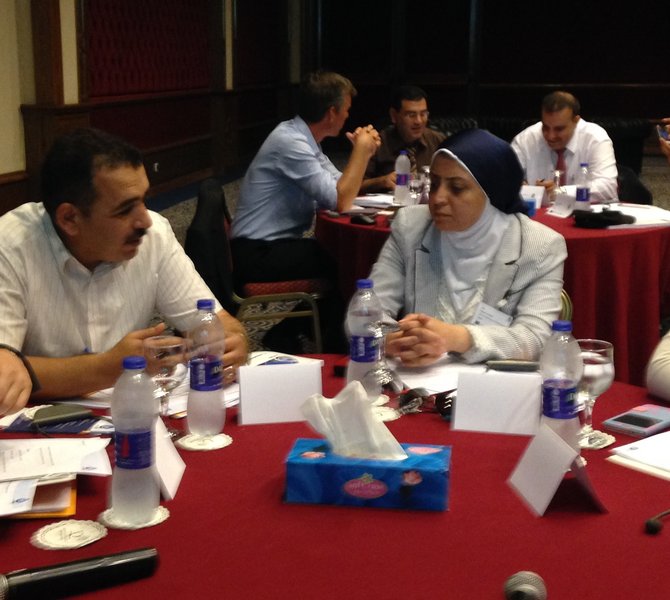



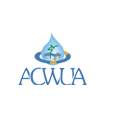
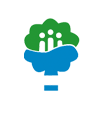
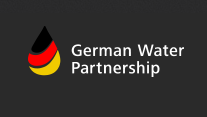
0 Comments